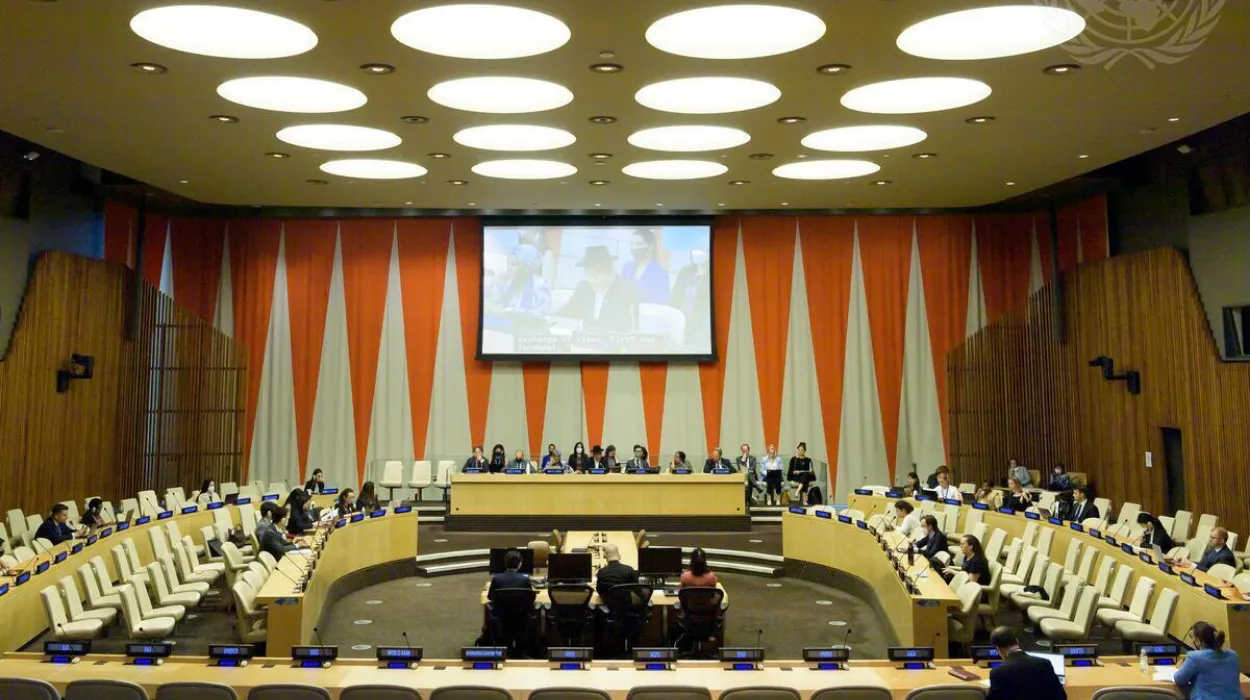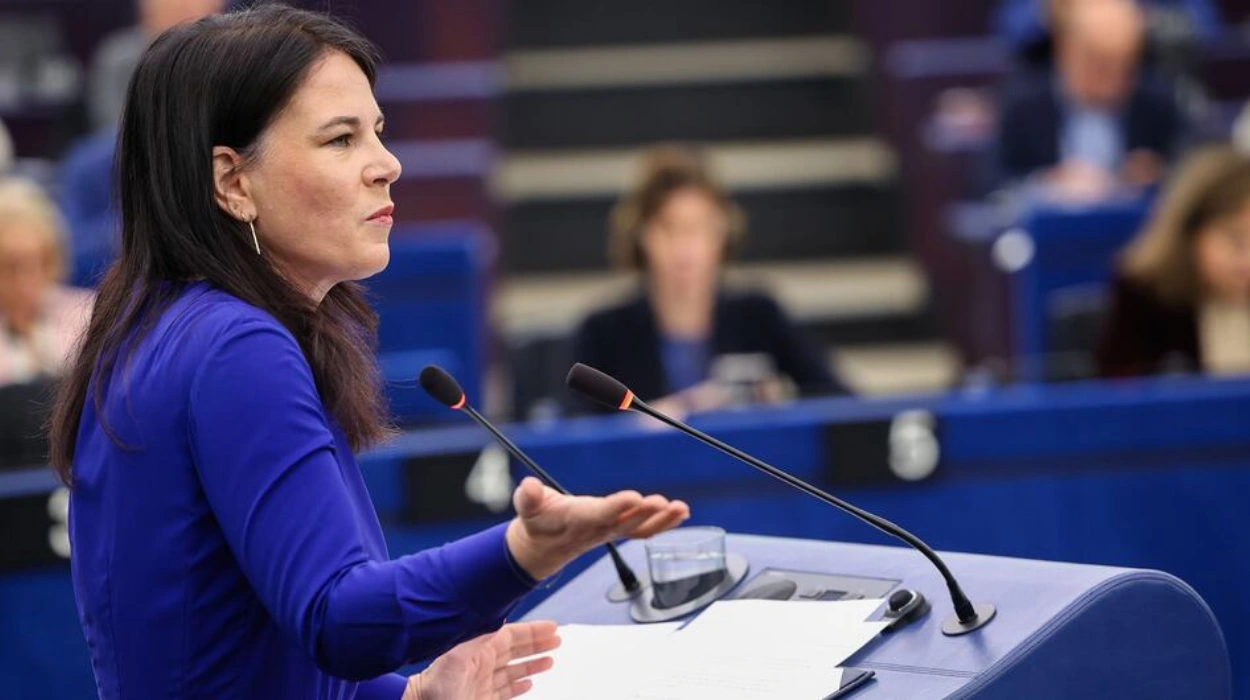In a significant move towards decarbonising the seas, the UN shipping agency has endorsed the globe’s first global carbon pricing strategy for the sector despite adamant opposition from the U.S. This is the first time the global shipping sector, which emits around 3 percent of the planet’s greenhouse gases, will come under binding global climate regulations.
The US walked out of the climate negotiations at the International Maritime Organization (IMO) in London this week, calling on other nations to follow suit and promising to take “reciprocal measures” against any charges imposed on US vessels.
The IMO plan, due to be adopted in late 2025, aims to assist the industry in reducing net-zero emissions by approximately 2050. From 2028, vessels will have to switch to cleaner fuels or risk hefty fines when they cross maximum pollution levels. The new initiative, called J9, will raise $30–40 billion by 2030 to cover clean energy projects in world shipping.
IMO outlines a significant historical path
The rules will target vessels over 5,000 gross tonnes and will be re-evaluated in three years. Vessels will be measured against two emissions targets. Those that fall below the more stringent target will have to pay $100 per tonne of CO? or equivalent greenhouse gases over the target. Those that do not achieve even the lower target are hit with up to $380 per tonne in fines.
Rather than paying the fines, shipowners can also purchase carbon credits from ships that are burning cleaner fuels and achieving both targets.
The stringent target is to reduce greenhouse gas emissions per unit of fuel by 17% by 2028, and 21% by 2030 compared with 2008 levels. The less stringent target is a reduction of 4% by 2028, increasing to 8% by 2030.
The funds brought in—about $10 billion annually—are intended to assist the shipping sector in embracing low-carbon technologies and assist poorer nations, potentially most impacted by these. The U.S. did not agree with this aspect of the plan.
International discussions reveal divisions
The IMO vote indicated how much countries are split on this matter. Sixty-three countries, such as China, the EU, India, and Japan, voted in favor of the plan. Sixteen countries, predominantly oil-producing nations such as Saudi Arabia, the UAE, Russia, and Bahrain, voted against it.
Another 25—some of which are Pacific Island nations—abstained. The U.S., however, stormed out of the negotiations and threatened to impose “reciprocal measures” if American vessels were penalized under the new regulations.
The deal was worked out after almost two years of negotiations and is a compromise measure. Some had called for a straightforward tax on all emissions, while others sought a system whereby ships would trade pollution credits.
Pacific Island countries, which are themselves most vulnerable to sea level increases, lobbied for an across-the-board fee to expedite the shift to green fuel. But bigger exporting nations—and now the U.S.—warned the added expense would help drive up costs on items like food, in part because cleaner-burning fuel remains difficult to find. The agreement was heralded by IMO Secretary-General Arsenio Dominguez as an important milestone.
“This deal is not ideal, but it provides a good basis to build on,” he declared. “We have made further progress toward addressing climate change and cleaning up the world’s shipping.”









